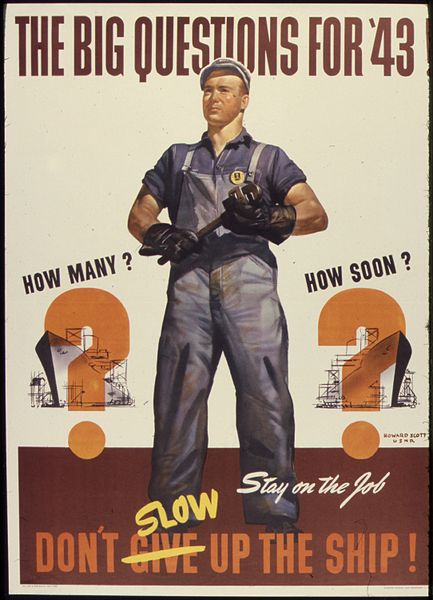
Library Questions
If a library visitor asks us:
I can’t find a book that is supposed to be on the shelves. What can I do?
One answer could be:
Ask at the reference desk at the entrance to the library. They can try to help you.
However, it may be worth asking the library visitor for more information about exactly what book is being looked for. It may be that a simple search around the shelf area may locate the book, slightly misplaced. This can happen when library users try to reshelve books themselves after looking at them. By trying to help find a book the visitor is looking for, we have saved them a trip all the way up to the Underground 1 level.
If a library visitor says to us:
There is a light bulb burned out here. Can it be fixed?
The polite way to answer would be:
Thanks for letting us know. I will tell our maintenance staff.
We naturally appreciate it when a library visitor brings to our attention some technical element that is not functioning correctly. That helps us alert the people who take care of such problems, and the repair happens more quickly. The same is true for any other possible problem, for example:
There is a flood here. What should I do?
There is glass here. What should I do?
There is a problem here. What should I do?
Again, the proper reply would be:
Thanks for letting us know. I will tell our maintenance staff about it.
If it is not clear what problem the library visitor is reporting, then we can ask them:
Would you please show me what you mean?
If they can lead us to the problem and point to it, seeing what the situation is can usually be easier than describing it in words. Also, the solution becomes immediately clear when we see a maintenance or technical problem. If we stand and try to remember the vocabulary terms for all possible technical issues, this may take a much longer time. Remember that here as elsewhere, pointing and using hand gestures can help get meaning across. Most Western visitors will consider that it is polite to point to things, although some may feel it is not polite to point at people. Certainly in urgent cases, such as pointing to fire exits in case of emergency, it is perfectly acceptable to point in an office atmosphere. If a visitor asks:
When does the library close?
There are many helpful ways to reply. The quickest and most immediate way to reply would be to give the exact hour the library closes. For example, if the conversation is taking place in the Pridi Banomyong Library, the short answer would be:
9:30 p.m.
or
9:30 tonight.
If the conversation is taking place at the Krom Luang Naradhiwas Rajanagarinda Learning Centre, the answer would be different:
We never close.
or
We are open 24/7.
Sometimes visitors may ask for confirmation of the information we have just given. Perhaps they may not quite believe that the Krom Luang Naradhiwas Rajanagarinda Learning Centre never closes. So instead of repeating again that we never close, it is is better to try to say the same thing in a different way, using different words.
- When does the library close?
- We never close.
- The library never closes?
- That’s right. We are open 24/7.
Try to avoid single word answers such as yes or no, as they can be confusing. For example, after we say that we never close, if the visitor repeats, to be sure:
You never close?
If we say yes, that may confuse them into thinking that we do in fact close at certain times. To make things clearer, we would have to say:
No, we never close.
But it is easier to just avoid yes and no replies, which can easily lead to this kind of confusion.
More than just saying the hour the library will close, it is more helpful to add some extra information, even if the visitor did not ask us for it. For example, we might say:
9:30pm. Library hours are posted on our website.
or
9:30pm. The circulation desk closes shortly before the library does, so if you have books to check out, you may want to do so now.
Sometimes the visitor really wants to know when the circulation desk closes, but instead asks when the library closes. It is always a good idea for library visitors to check out required books a little before the scheduled closing time, to avoid a crowd. We mention the fact that the hours are listed on the library website not because we do not wish to tell the visitor the information. It is useful for the visitor to be reminded that the information is available online in case it is needed when some libraries are closed, or when library staff may not be available.

(All images courtesy of Wikimedia Commons)
